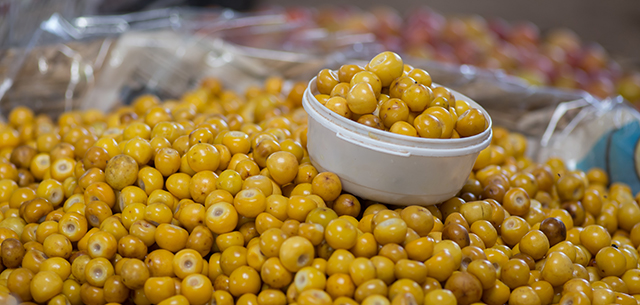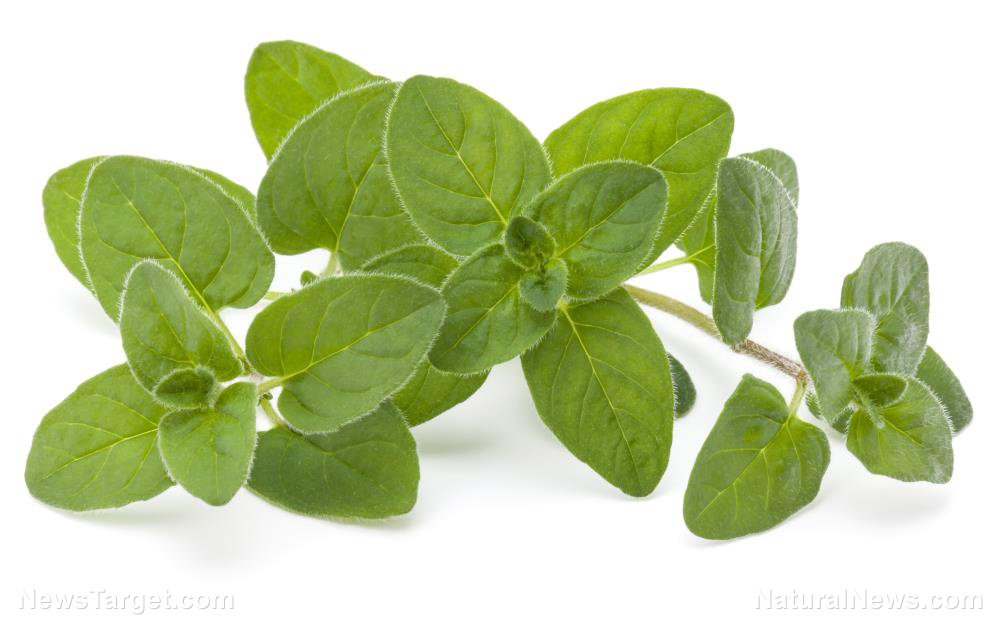 Parler
Parler Gab
Gab
- Patchouli (Pogostemon cablin) is a fragrant essential oil from the mint family, known for its earthy, musky aroma. Native to Southeast Asia, it has been used in traditional medicine and the textile industry for centuries.
- It gained widespread popularity in the 19th century, being used in European and American perfumery and aromatherapy. Its use spans from ancient Chinese and Indian medicine to modern skincare and wellness practices.
- Patchouli's chemical components, such as patchoulol, caryophyllene and alpha-bulnesene, contribute to its antibacterial, antifungal and anti-inflammatory properties. It is used for skin conditions, infections, digestive issues, mental health support and immune system enhancement.
- Its essential oil can be used topically after dilution, in aromatherapy diffusers and sometimes internally (with professional advice). However, caution is advised and users should consult healthcare providers, especially during pregnancy or while taking medications.
- Always perform a patch test before applying patchouli oil topically and avoid using it during pregnancy or breastfeeding. Dilute the oil properly and consult a healthcare professional for safe use, particularly if you have any underlying health conditions.
Health benefits of patchouli
Patchouli's therapeutic benefits are attributed to its rich composition of chemical compounds, including patchoulol, caryophyllene and alpha-bulnesene. These components contribute to its antibacterial, antifungal and anti-inflammatory properties, making patchouli a valuable asset in natural health practices.- Skin health: Patchouli's antibacterial and anti-inflammatory properties make it an excellent remedy for skin conditions such as acne, eczema and dermatitis. When applied topically, it can soothe irritated skin and promote healing.
- Infections: Its antifungal and antibacterial properties can help combat fungal and bacterial infections, including athlete's foot and candida overgrowth.
- Digestive health: Patchouli has been traditionally used to alleviate digestive issues, such as nausea, diarrhea and bloating. Its antispasmodic properties can help calm the digestive system and improve overall gut health.
- Mental health: The soothing aroma of patchouli has a calming effect on the mind, making it a valuable tool for managing stress, anxiety and insomnia. It is often used in aromatherapy to promote relaxation and improve sleep quality. (Related: Essential oil from this Turkish medicinal plant found to reduce dementia-related anxiety and depression.)
- Immune support: Patchouli's ability to boost the immune system can help the body fight off infections and illnesses more effectively. Regular use of essential oils can support overall immune function and enhance the body's natural defenses.
Availability and dosage
Patchouli is widely available in essential oil form and can be found in many health food stores, aromatherapy shops and online retailers. As a supplement, patchouli essential oil can be used in a variety of ways:- Topical application: Dilute one to two drops of patchouli oil in a carrier oil, such as coconut or jojoba oil and apply it to the affected area.
- Aromatherapy: Add three to five drops of patchouli oil to a diffuser or a bowl of hot water to enjoy its calming and therapeutic benefits.
- Internal use: Some individuals may choose to ingest patchouli oil, but it is crucial to consult a healthcare professional first, as essential oils should never be ingested undiluted.
More related stories:
How to make a DIY hand sanitizer using essential oils.
Tea tree oil is a mini medicine cabinet in a bottle.
Beyond aromatherapy: How to use essential oils for natural healing. Sources include: Brighteon.AI NaturalNews.com Brighteon.com“Cancer Decoded” on BrightU: The role and potential of iodine in holistic cancer treatment
By Jacob Thomas // Share
Hidden gem of the tropics: Nance fruit’s incredible health benefits
By Zoey Sky // Share
Marjoram: A versatile essential oil for optimal health
By Laura Harris // Share
An avocado a day boosts your brain
By News Editors // Share
Mike Adams challenges media hysteria over measles: “It’s All a Hoax”
By Finn Heartley // Share
Governments continue to obscure COVID-19 vaccine data amid rising concerns over excess deaths
By patricklewis // Share
Tech giant Microsoft backs EXTINCTION with its support of carbon capture programs
By ramontomeydw // Share
Germany to resume arms exports to Israel despite repeated ceasefire violations
By isabelle // Share










